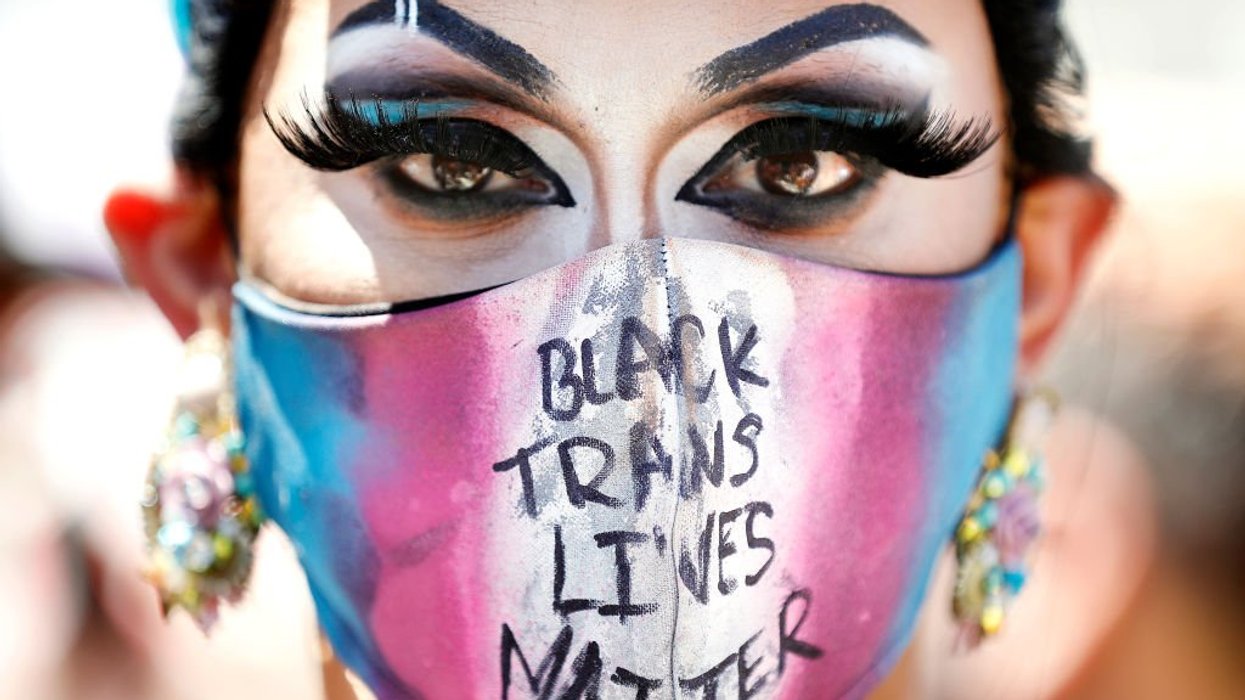
Christina House / Los Angeles Times via Getty Images

A new study revealed that people with so-called "woke" ideologies tended to be more unhappy, anxious, and depressed compared to others.
The study – published in the Scandinavian Journal of Psychology last week – found that individuals with attitudes geared toward critical social justice were less satisfied with their lives.
The first study examined 848 adult participants – 382 staff members and 266 students of the University of Turku in southwestern Finland as well as 64 staff and students from other Finnish universities, two from foreign universities, and 134 not associated with a university. A second study included 5,030 Finnish citizens aged 15–84.
To determine the "critical social justice attitude scale," the study inquired about seven very progressive ideologies:
Study author Oskari Lahtinen, a senior researcher at the INVEST Research Flagship Centre at the University of Turku, told PsyPost, "The gender divide was probably most surprising to me. Three out of five women view ‘woke’ ideas positively, but only one out of seven men. This was the case in Finland, at least."
The research found female participants to be far more "woke" than their male counterparts.
The study noted, "Overall, male support for scale items was much lower than female."
The study found that women "expressed more than twice as much support" of the progressive ideologies.
The research found, "Regarding the extent to which select study subpopulations accepted, felt neutral about, or rejected scale items, people with 'other' gender, Left Alliance voters, Green Party voters, and female social science students accepted most scale propositions. Men and male medicine students rejected all but one scale item and male humanities students and Finnish voters rejected all scale items."
The study also discovered people in STEM fields and conservative thinkers had lower agreement with the progressive beliefs.
The significant difference in gender approval of the woke ideologies also carried over to overall happiness, according to the study.
The study revealed that those who embraced the woke ideologies suffered from heightened instances of unhappiness, anxiety, and depression.
Those who subscribed to the woke ideologies were reportedly suffering 67.9% higher for anxiety, 32.5% higher for depression, and 4.5% higher for unhappiness.
Lahtinen said, "I had been paying attention to a development in American universities, where a new discourse on social justice became prevalent in the 2010s."
"While critical social justice (or intersectional or ‘woke’) discourse draws mainly from dynamics within American society it has now surfaced in other Western countries as well," he noted. "The arrival of a critical social justice (often called ‘woke’) discourse sparked much debate in Finnish media in the last couple of years."
“This debate was largely data-free and it could thus be considered a worthwhile question to study how prevalent these attitudes are," Lahtinen said. "No reliable and valid instrument existed prior to the study to assess the extent and prevalence of these attitudes in different populations, so I set out to develop one."
The author added, "The studies were quite robust with a sample size above 5,000 and good psychometric properties. However, the scale would need to be validated in North American samples in order to know how these attitudes manifest there. I encourage colleagues in the United States to study the prevalence of these attitudes in the country where they originate from."
Like Blaze News? Bypass the censors, sign up for our newsletters, and get stories like this direct to your inbox. Sign up here!